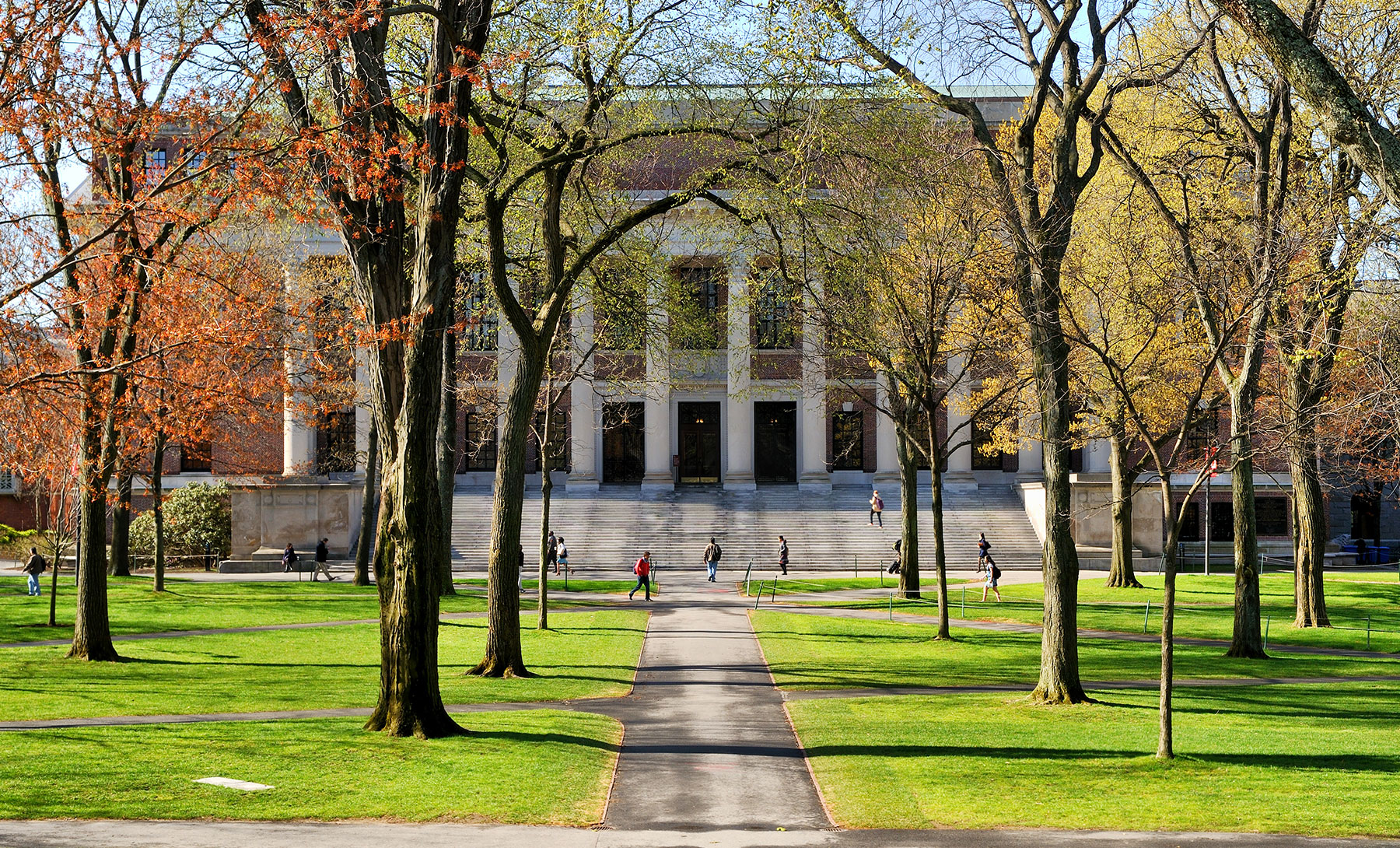Four studies test the hypothesis that first-gen students underperform because interdependent norms from their mostly working-class backgrounds constitute a mismatch with middle-class independent norms prevalent in universities. First, assessing university cultural norms, surveys of university administrators revealed that American universities focus primarily on norms of independence. Second, identifying the hypothesized cultural mismatch, a longitudinal survey revealed that universities’ focus on independence does not match first-gen students’ relatively interdependent motives for attending college and this cultural mismatch is associated with lower grades. Finally, two experiments created a match or mismatch for first-gen students and examined the performance consequences.
Explorescholarly articles
Unseen Disadvantage: How American Universities’ Focus on Independence Undermines the Academic Performance of First-Generation College Students
Related Stories

Data, Assessment, & Evaluation
Staff Perceptions of First-in-Family Students in Higher Education: A Case Study of a Belgian College

Access and Persistence
“I Wasn’t Supposed to Be There”: Examining the Experiences of First-Generation Women of Color in Undergraduate STEM Majors

Data, Assessment, & Evaluation
